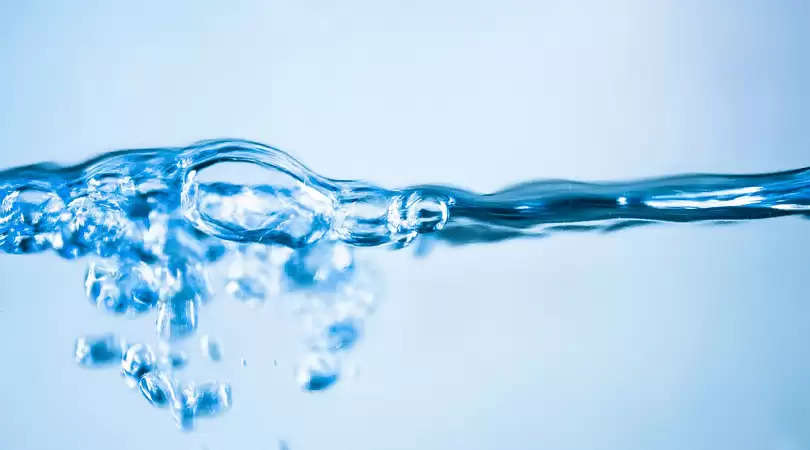EDITORIAL | Jal Jeevan Mission: Addressing water crisis one step at a time

FROM THE EDITOR’S DESK:
Meghalaya Chief Minister Conrad K Sangma on February 25 said that the state has achieved 14 per cent success through the Jal Jeevan Mission (JJM), which aims to provide safe and adequate drinking water through individual household tap connections by 2024 to all households in rural India.
Similarly, Finance Minister Nirmala Sitharaman recently announced a new drinking water mission called the Jal Jeevan Mission (Urban) to provide tap water connections to 28.6 million urban households.
This is no doubt a step in the right direction, as we all know that in rural areas, time is wasted on community taps or hand pumps. This can be done away with through the JJM.
India, over the years, has had its fair share of water woes. The cold hard fact is that the emergence of the COVID-19 pandemic only distracted us from the truth that the water situation in the country is worsening with each passing year.
According to the 2018 Composite Water Management Index (CWMI), 6 per cent of economic GDP will be lost by 2050, while water demand will exceed the available supply by 2030.
Food supply would also be scarce as wheat cultivation, and rice cultivation would face the adverse effects of water scarcity.
Though rainwater harvesting still plays a key element in water preservation during the monsoon, the quality of water should be the prime focus as people need clean potable water.
According to the United Nations (UN) Water, 1 in 3 people or 2.2 billion people around the world lack access to safe drinking water. Some 2,97,000 children, over 800 every day under the age of five, die annually from diarrhoeal diseases because of poor sanitation, poor hygiene, or unsafe drinking water.
Also Read: EDITORIAL | Energy Transition in Meghalaya: Renewables to change the game?
Over the past years, the Central Government has attempted to work on groundwater recharging projects, micro-irrigation, and other changes to remedy the inevitable water crisis.
With the Jal Jeevan Mission in the fray and even the private sector pitching in, new advancements are expected to take things further.
But will they? Will the water crisis end?
That is still something we have to figure out one day at a time.
As for Meghalaya, we should explore options that would enable the state government to not only provide clean drinking water but various mechanisms to boost agriculture as well.
For instance, Israeli ambassador Ron Malka visited Meghalaya last year, and a strong relationship with Israel, a country known for several innovations, might be what the doctor ordered.
Also Read: EDITORIAL | Protect the environment; do away with slash-and-burn agriculture

















